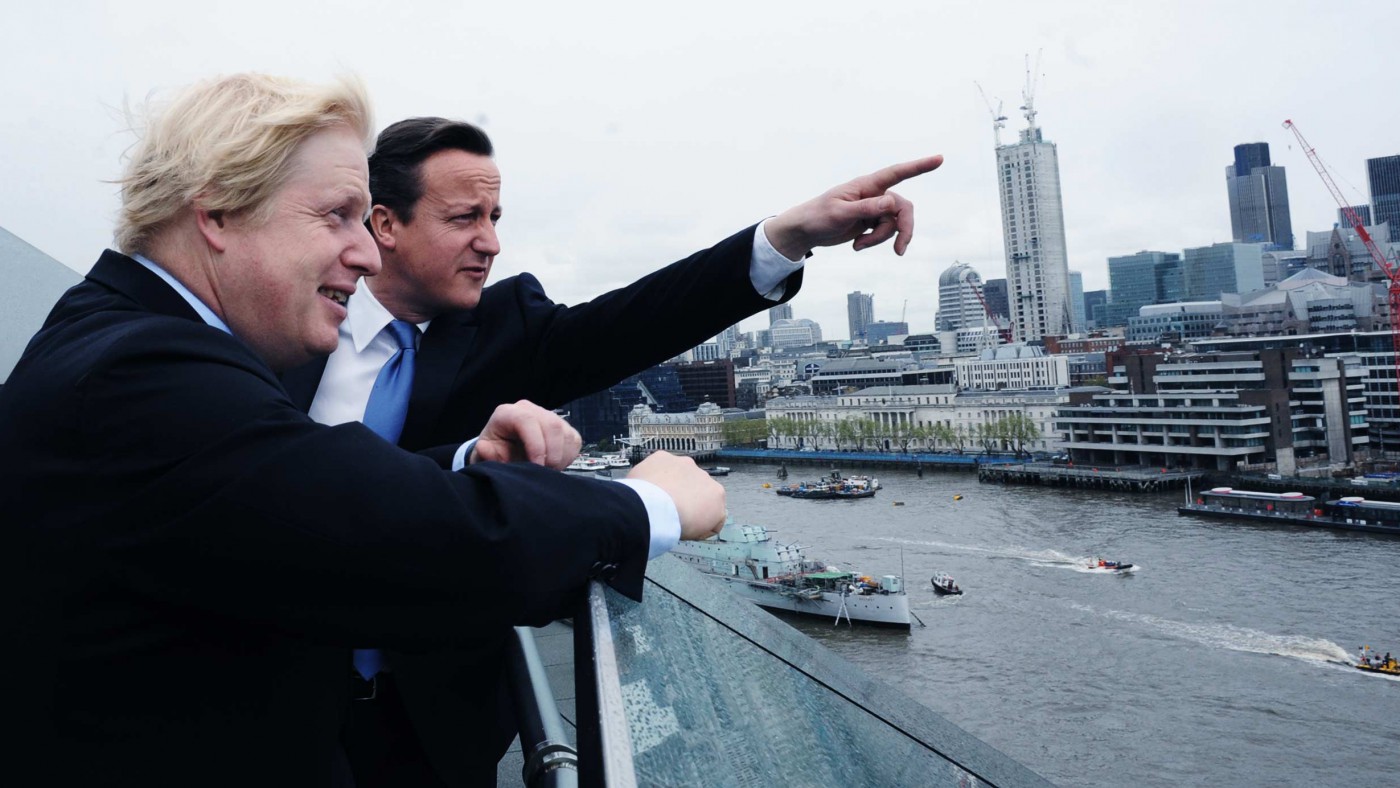It is still less than one month since that astonishing election result, but already the idea of Ed Miliband as prime minister seems more like some kind of weird fantasy than a potential reality threatening the nation. Yet there is something rather unseemly about the speed and vigour with which those fighting for leadership of his shell-shocked party are shredding the manifesto and memory of the man they so recently proclaimed as the saviour of Britain.
The key part of their critique has been fierce condemnation of Miliband’s approach to wealth-creators. Yvette Cooper, who served him so loyally as shadow home secretary, now says Labour needs to ‘reset’ its relationship with business and that it was a ‘mistake’ to label some firms as predators. Liz Kendall, the most interesting contender, argues the energy price freeze – Labour’s flagship policy at the election – was never credible. The union-backed favourite Andy Burnham simply says the party was ‘wrong on business’.
Certainly they are right that Labour stood on a platform that showed little understanding of business reality or wealth creation. The implosion of the two traditional opposition parties, combined with the consequent silencing of the silly anti-Cameron right, offers rare chance for Conservatives to dominate the political agenda and reinforce their values. Yet even amid the euphoria of victory, they should re-consider their own relationship with business.
For the truth is Miliband identified some genuine problems confronting the country: tax-dodging multinationals, a rampant bonus culture, the self-enrichment of rent-seeking plutocrats, energy sector profiteering, the broken housing market, low pay and insecure employment. His solutions, of course, were simplistic, statist and wrong, all too often a re-run of policies that failed so disastrously in the past. Yet that does not mean these issues will disappear, nor that the new government should not focus on them.
It is, after all, the Tories that should lead the fight to reinvigorate capitalism and stand firmly on the side of consumers. But all too often being on the side of business is interpreted as defending the interests of the leading players against the disrupters, the innovators and the challengers. Yet crony capitalism is a far bigger threat these days than the dismal dregs of socialism. And the right needs to see that the state should not always support the status quo, as Margaret Thatcher understood so well.
So it was good to see new energy secretary Amber Rudd challenge the ‘Big Six’ energy suppliers over whether their prices were reflecting costs, demanding they cut household bills. The sextet insist, of course, they are fiercely competitive and rapidly pass on falling wholesale prices. But few consumers are convinced, especially when the likes of SSE report that profits at its retail arm surged 40 per cent despite losing half a million customers in a year. The regulator Ofgem estimates average profit margins rose one-third over twelve months in an industry that is supposed to be highly-regulated.
Hopefully Rudd’s move heralds a more aggressive approach to pin-striped miscreants. The previous coalition government deserves credit for attempts to open up government procurement to smaller firms, but for all the talk of tackling tax avoidance and tinkering with banking it is hard to recall too many squeals of real pain from corporate titans guilty of anti-consumerist practices, of cosy cartels being challenged or of corporate tax cheats being shamed.
Yet it is just as important to tackle self-serving vested interests in the private sector as in the public sector. If the government really supports hard-working families, it needs to show the steel to confront behemoths who distort markets or exploit their dominance of sectors. It must also take on bad business practice, such as bosses fleecing shareholders through the inflamed bonus culture and their soaring pay packages, or those companies ripping off the country through tax avoidance. It is one thing to lavish rewards on creators of successful firms; another to see ever-increasing sums of gold poured into the pockets of average managers of average firms while wages at the bottom remain flat.
There are also times ministers must intervene for the wider benefit of society. Reducing state subsidies for low pay through tax credits by pushing up the minimum wage is one obvious example. Encouraging a more sensitive approach to the environment is another. Perhaps the biggest looming battle is over obesity, which threatens to cripple the National Health Service. Will Downing Street have the stomach to fight the food manufacturers, the fast-food sector and sugar industry with a combination of carrot and sticks? Given that a Lancet study found no country has yet managed to turn the tide on this modern epidemic, there is urgent need for tough measures, including the possible imposition of taxes to change behaviour.
Business drives the economy and is a force for good in a society. But it must be free, unfettered and responsible to work its magic. Tackling the curse of crony capitalism and the protectionism of big beasts is not just sensible economics and good for the country. It also makes political sense for a party that scraped an unlikely election victory but is still widely seen as a force for the rich that is too close to business. It would do wonders for the Conservative brand to pick a couple of well-chosen fights with bad bosses, sectors failing consumers or firms getting fat from the obesity epidemic. And as any business knows well, branding is priceless in the struggle for supremacy.


